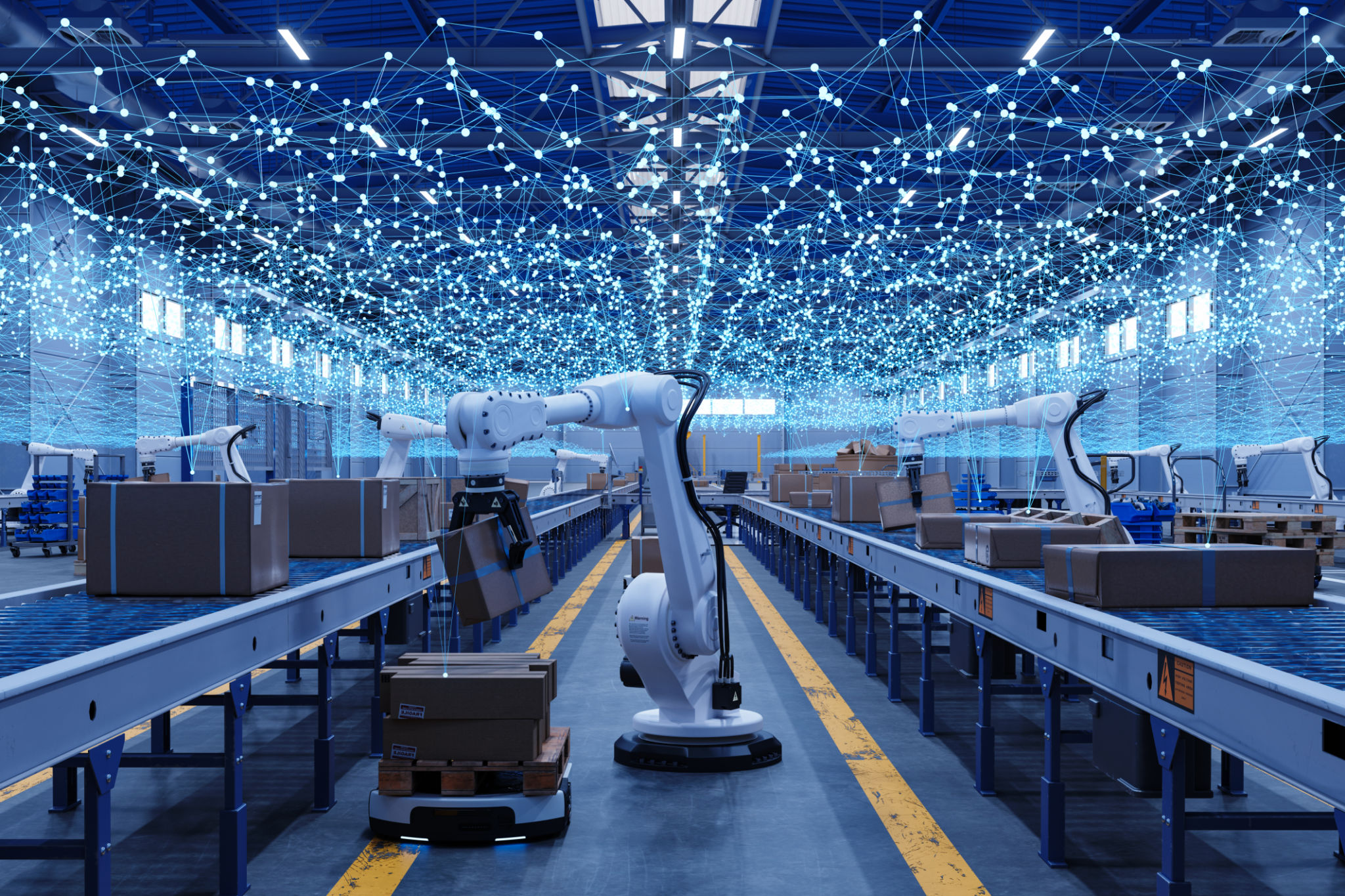Data Analytics in Manufacturing: Key Strategies for Success
Introduction to Data Analytics in Manufacturing
In the modern manufacturing landscape, data analytics is a crucial element driving efficiency, innovation, and competitiveness. As the industry continuously evolves with the advent of Industry 4.0, manufacturers are leveraging data analytics to gain deeper insights into their operations and make informed decisions that lead to enhanced productivity and reduced costs.

Understanding the Role of Data Analytics
Data analytics in manufacturing involves collecting, processing, and analyzing data from various sources within the production environment. This process helps identify patterns, trends, and anomalies that can be used to optimize operations. By implementing these strategies, manufacturers can predict maintenance needs, improve quality control, and streamline supply chain management.
Predictive maintenance is one of the most significant advantages of data analytics, allowing companies to foresee equipment failures before they occur. This proactive approach minimizes downtime and extends the lifespan of machinery, leading to substantial cost savings.
Implementing Effective Data Analytics Strategies
To successfully integrate data analytics into manufacturing processes, companies must develop a clear strategy that aligns with their goals. Here are some key steps to consider:
- Define objectives: Clearly outline what you aim to achieve with data analytics, whether it's improving production efficiency, reducing waste, or enhancing product quality.
- Invest in technology: Utilize advanced analytics tools and software designed to handle large volumes of data and provide real-time insights.
- Train your workforce: Equip your team with the necessary skills and knowledge to interpret data and implement findings effectively.

Overcoming Challenges in Data Analytics
Despite its benefits, implementing data analytics in manufacturing comes with challenges. Issues such as data security, integration with existing systems, and resistance to change can hinder progress. To overcome these obstacles, manufacturers should:
- Ensure robust cybersecurity measures: Protect sensitive data from breaches and ensure compliance with industry standards.
- Facilitate seamless integration: Choose analytics solutions that can easily integrate with current systems and processes.
- Foster a culture of innovation: Encourage a mindset that embraces change and continuous improvement within the organization.
The Future of Data Analytics in Manufacturing
The future of manufacturing is data-driven. As technology advances, manufacturers will have access to even more sophisticated analytics tools that offer deeper insights and greater precision. Artificial intelligence and machine learning are set to play a significant role in this evolution, enabling automated decision-making and further optimizing production processes.

In conclusion, leveraging data analytics in manufacturing is no longer an option but a necessity for those looking to stay ahead in a competitive market. By understanding its role and implementing effective strategies, manufacturers can unlock new levels of efficiency, innovation, and success.